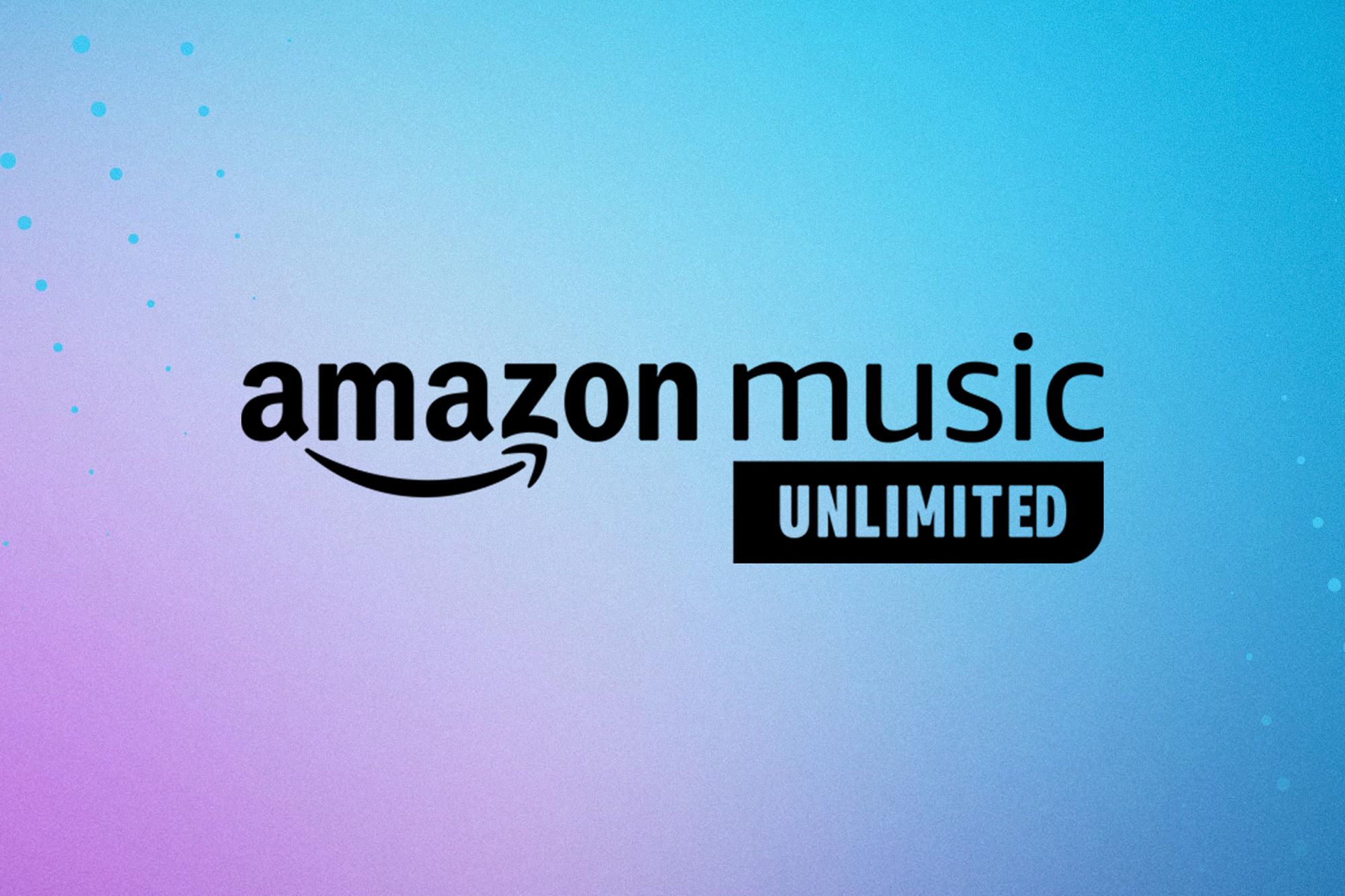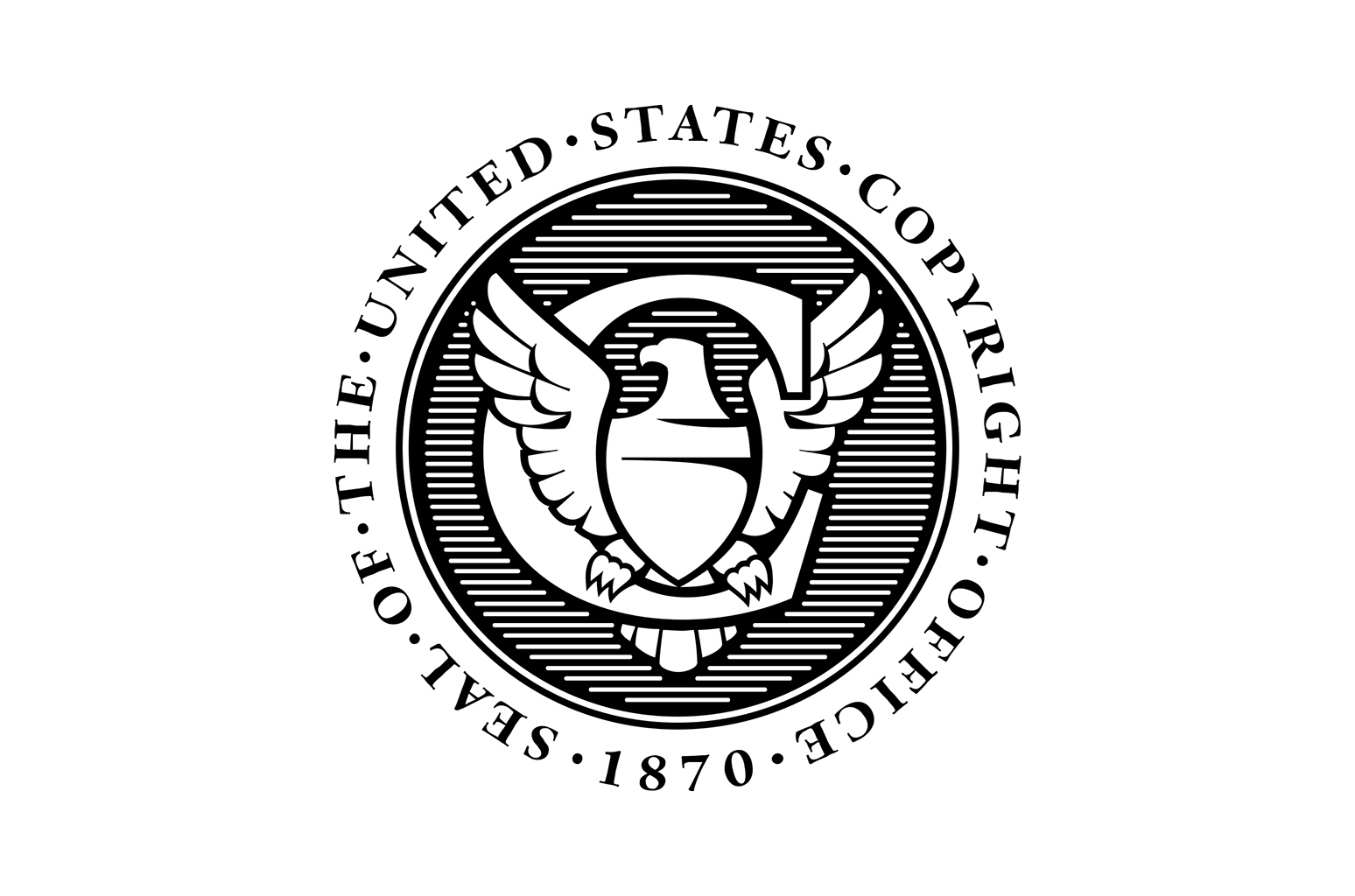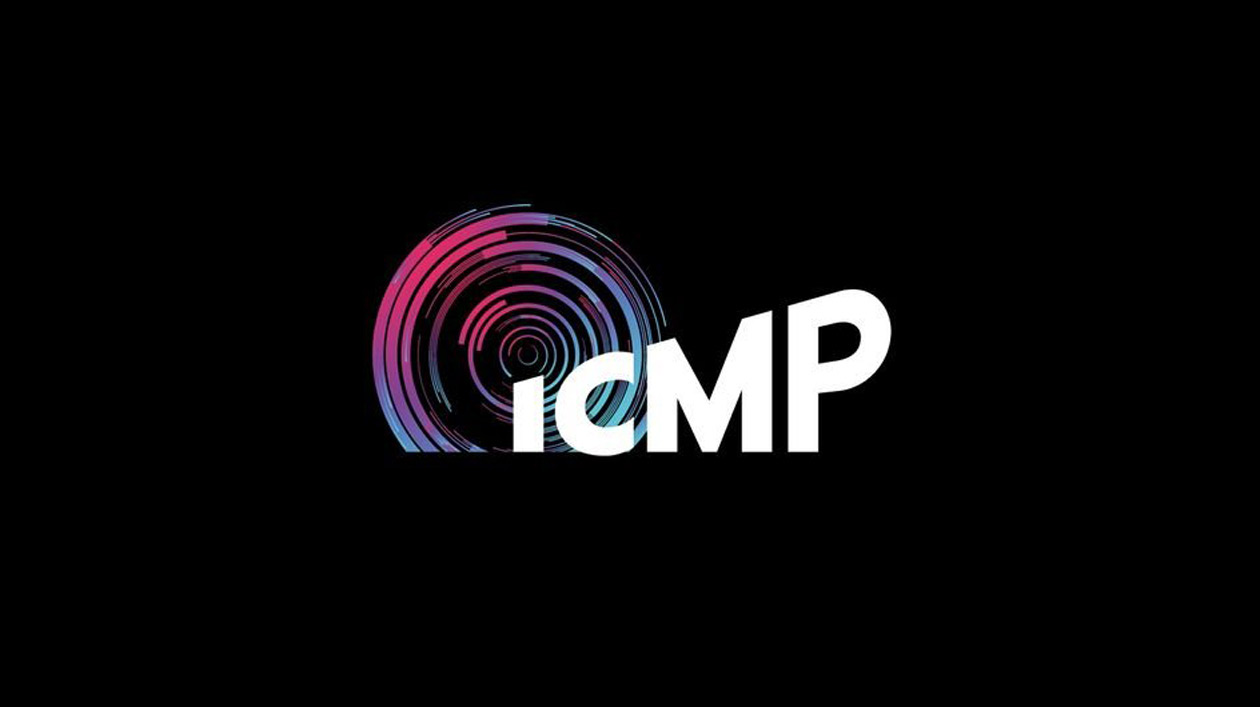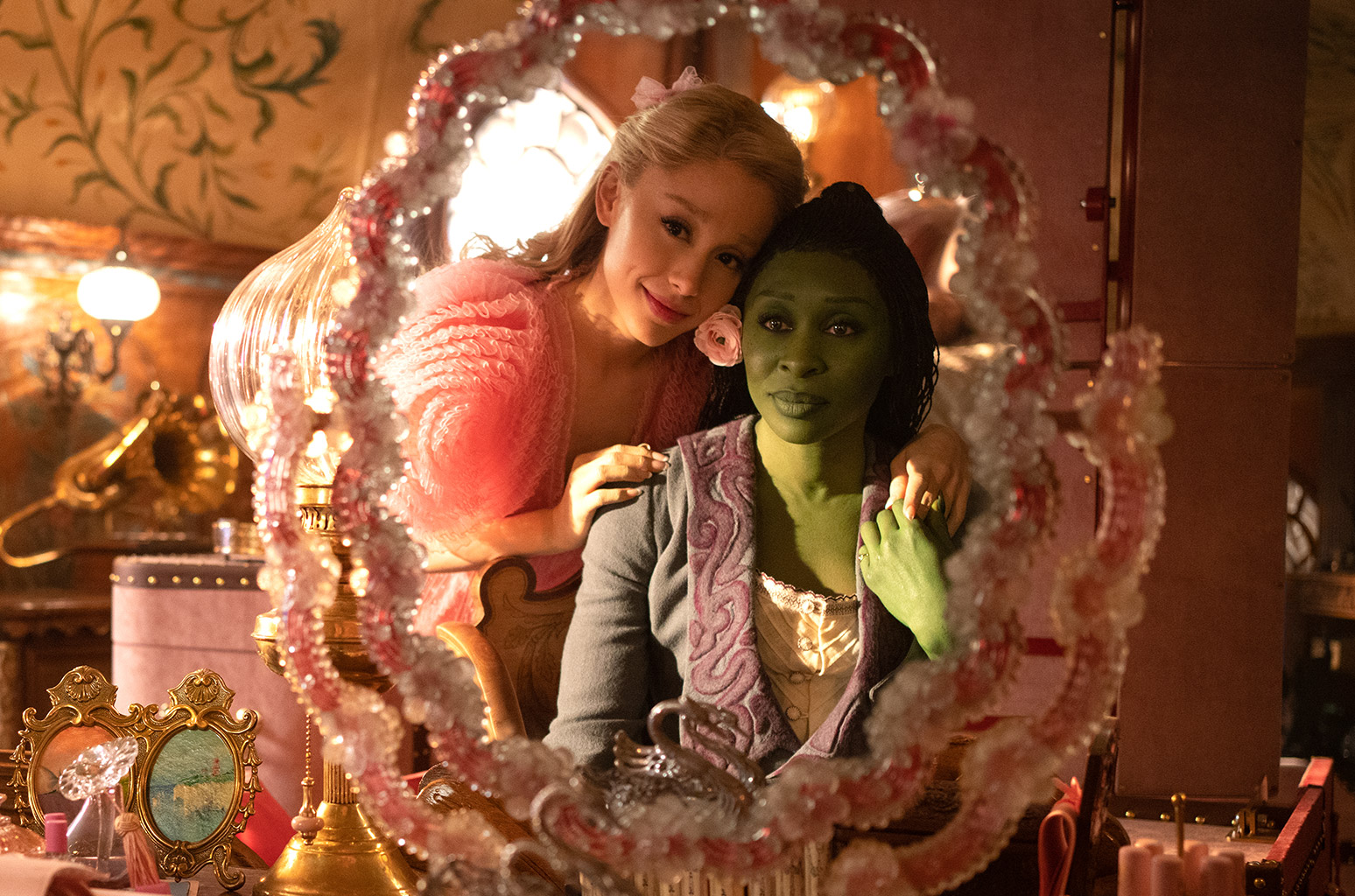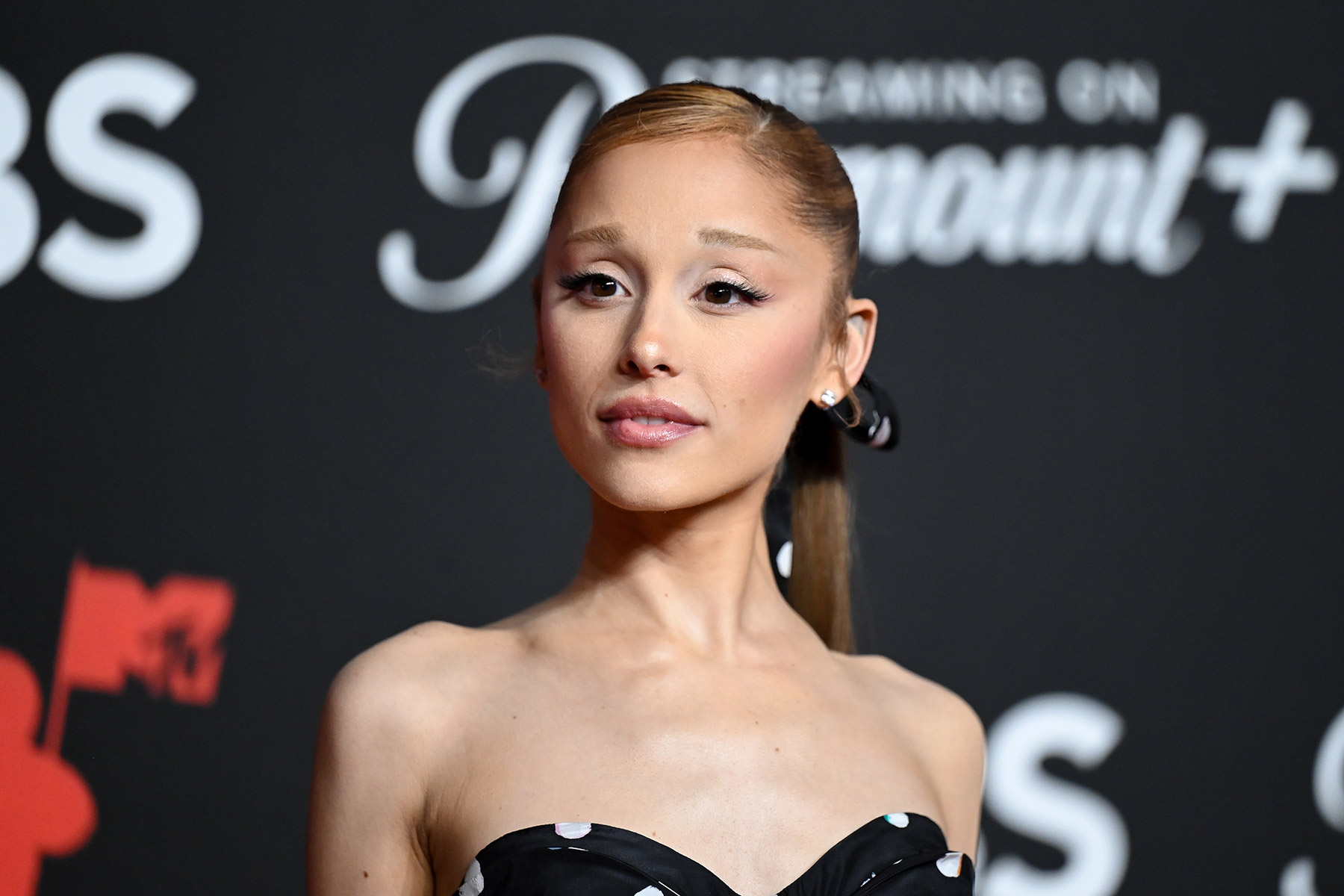Entertainment
NMPA Says Spotify Bundling Change Cost Writers & Publishers $230M in First Year
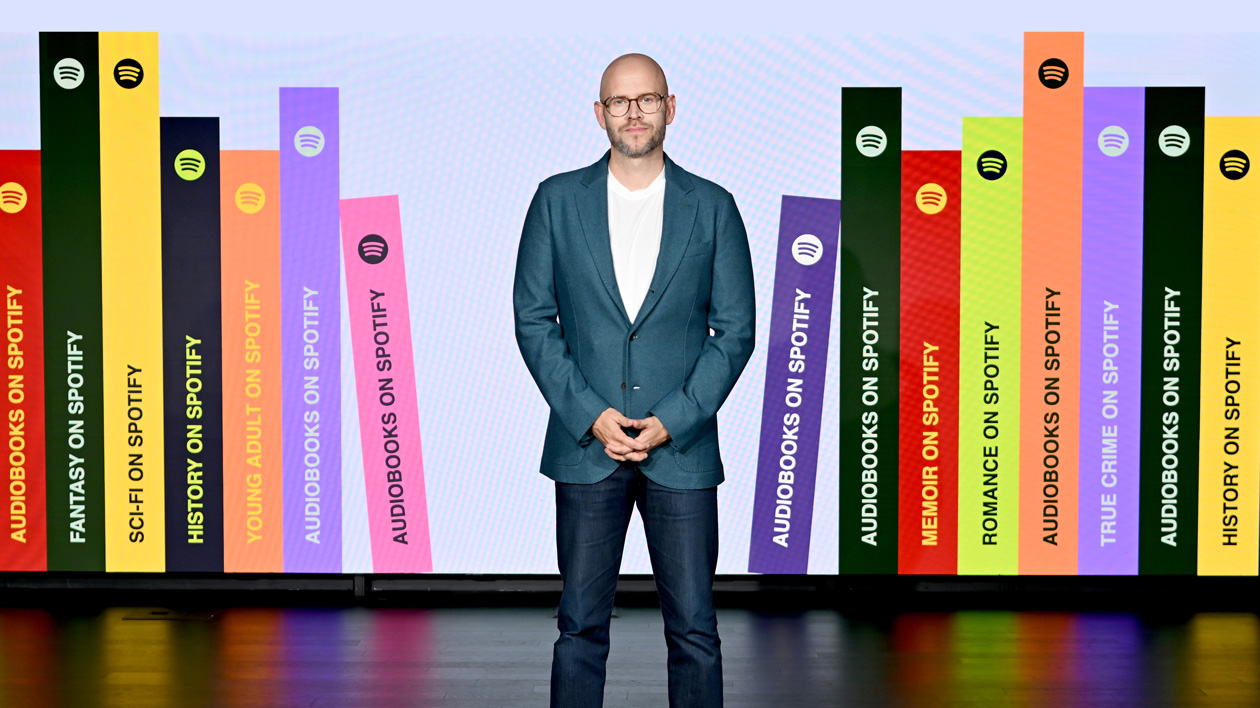
U.S. music publishing revenue rose 17% to $7.04 billion in 2024, the National Music Publishers’ Association (NMPA) revealed at its annual meeting on Wednesday (June 11). Last year, the trade organization reported total revenue at $6.2 billion, which was up 10.71% from the previous year.
The event, held at Alice Tulley Hall at New York’s Lincoln Center, is considered a state-of-the-union for U.S. music publishers, and this year, its CEO/president, David Israelite, and general counsel, Danielle Aguirre, focused their presentation on both celebrating hitmakers — like award recipients Kacey Musgraves, Rhett Akins, Gracie Abrams and Aaron Dessner — and on talking about ways to grow revenue even more.
There was also a strong focus on calling on the industry, from executives to songwriters and artists, to stand together. As Israelite said, “We should all stand behind [songwriters]…There has never been a greater need to stand up for the value of songwriters.”
Aguirre and Israelite pointed to three key battlegrounds where remuneration can improve if the industry sticks together: general licensing (licensing for bars, restaurants, venues, etc.); social media; and interactive streaming. As Aguirre noted, 72% of publishing income is under “burdensome regulations” in the U.S. — whether by consent decree or compulsory license — but there are still ways to improve that within the current system.
Interactive Streaming
For interactive streaming, Aguirre reminded the crowd that Phonorecords V proceedings at the Copyright Royalty Board (CRB), which will determine the rate that songwriters and publishers will be paid for U.S. mechanical royalties from 2028-2032, are “fast approaching” in the next six months.
“One of the biggest challenges [for interactive streaming income] continues to come from Spotify’s mischaracterization of its music service into bundles, which forced the conversion of over 44 million subscribers into bundled platforms that those subscribers did not request,” Aguirre said. (Earlier this year, the Mechanical Licensing Collective’s lawsuit against Spotify, which claimed the company’s bundling of premium tiers and resultant cutting of payments to songwriters and publishers was unlawful, was dismissed by a judge who said the rules were “unambiguous.” However, the NMPA continues to attack the platform through various means, including sending mass takedown notices for podcasts and videos on Spotify that do not properly license music.)
Aguirre revealed that in the first year of Spotify’s new bundling change alone, publishers and writers have lost over “$230 million…and these losses will continue if we can’t reverse or correct Spotify actions,” she said. “In fact, if we don’t stop them, we are projected to lose over $3.1 billion through the next CRB period [which ends in 2032].”
Perhaps taking a cue from Spotify, Amazon has also bundled its music service with other offerings, allowing it to cut royalty rates for songwriters and publishers in the U.S. — another change Aguirre hit on in her remarks. “In just the last three months, we’ve seen a 40% decrease in music revenue from Amazon, which has hit the PROs particularly hard,” she said. Notably, the NMPA had a much more hopeful outlook on the Amazon bundle when it was announced; at the time, the organization released a statement saying it was “optimistic” about Amazon’s new offering and had “engaged” with the company in a “respectful and productive way” to find a compensation model for publishers that “will not decrease revenue for songwriters.”
Social Media
Social media is one of the rare areas of publishing where publishers and songwriters can negotiate without any government interference — and the NMPA is hopeful about capitalizing on that. To date, the income stream is still small: Aguirre reported that social sites like TikTok, Instagram, X and others only make up 2% of income for publishers in the U.S.
However, Israelite believes songwriters have the power to say no to this level of compensation and force the companies to treat them better.
“It’s important for songwriters to understand they already have the power to strike,” he said, despite the fact that songwriters do not qualify for a traditional union. “They do so when the people they entrust to license their songs, the music publishers and collecting societies, say no. There are key industries, such as social media, user-generated content, artificial intelligence training and lyric rights, where songwriters have the power to say no. But too often, when a music publisher or a PRO stands up to licensees who don’t want to pay fair rates, we run into a unique problem that plagues the songwriting industry: Songwriters don’t stick together. This is a tough conversation.”
Case in point: Just last year, Universal Music Group removed its catalog from TikTok in an effort to fight for its “fair value.” However, as Billboard reported at the time, a number of artists, including Ariana Grande, Beyonce and Olivia Rodrigo, found ways around the ban to continue using the platform for marketing purposes.
General Licensing
The final area of focus the NMPA addressed at the meeting was general licensing, or the performance license required to play music in public spaces like restaurants, bars, venues and clubs. While Aguirre noted that this only made up for 5% of total revenue last year, she said that “there is a substantial opportunity for growth.”
“One concern is the lack of licensing from many of these venues. For the first time, we have insight into just how much money is being lost to unlicensed mid-sized venues,” said Aguirre. In a recent study, she said the NMPA found that 80% of “venues that have 50 or fewer locations but are large enough to require performance licenses…misuse consumer streaming services to provide that music.” Others, she added, are using business-to-business (B2B) music services that “are not obtaining all of the necessary rights for the services that they are offering. Some provide features like offline listening, interactive music experiences and on-demand streaming without securing appropriate mechanical licenses.”
To remedy this issue, the NMPA announced it’s sending six cease and desist letters to B2B music services that are allegedly not properly paying for music. The organization did not specify the names of these B2B vendors.
The NMPA’s attack on B2B music suppliers comes on the heels of the U.S. Copyright Office’s Notice of Inquiry regarding U.S. PROs, wrapping up its first comment period. While bars, restaurants, clubs and other public spaces license music from PROs to use in their venues, some recently complained about the PROs’ alleged “lack of transparency” and the fact that there’s been a so-called “proliferation” of new PROs in the market, complicating (and perhaps increasing the cost of) the licensing process. While most countries have just one, maybe two, PRO options for writers and publishers to join, the U.S. now has six: ASCAP, BMI, SESAC, GMR, AllTrack and PMR.
Overall Breakdown of Publishing Income Streams
As reported by the NMPA, the breakdown of income streams for U.S. publishers and songwriters is as follows:
- Streaming services: 45%
- Traditional sync: 8%
- Radio: 8%
- TV/Cable: 6%
- Mass sync: 6%
- General Licensing/Live: 5%
- Social Media: 2%
- Label: 2%
- Sheet Music: 1%
- Lyrics: 1%
Songwriters
It wasn’t all just business talk — this year’s meeting also celebrated songwriters. The honorees included Musgraves, who received the Songwriter Icon Award accompanied by a tribute from her friend, Leon Bridges, who performed the Musgraves-written song “Lonely Millionaire.” Musgraves also took the stage to perform “Architect” from her latest album, Deeper Well.
Akins received the Non-Performing Songwriter award this year, and the ceremony featured a special tribute from his son, country artist Thomas Rhett, who performed “I Lived It” (released by Blake Shelton) and “What’s Your Country Song,” which he wrote with his father.
Lastly, the NMPA showcased the winners of the Billboard Songwriter Awards. Those honors were originally set to be handed out at a separate NMPA/Billboard Grammy week event that was canceled due to the Los Angeles wildfires and rescheduled for the NMPA’s annual meeting. Abrams and Dessner, who received Breakthrough Songwriter of the Year and the Triple Threat Award, respectively, took the stage on Wednesday to perform “I Love You, I’m Sorry,” which they wrote together.
Entertainment
No ‘Good’ Deed Goes Unpunished for Ariana Grande’s Glinda in Final ‘Wicked: For Good’ Trailer
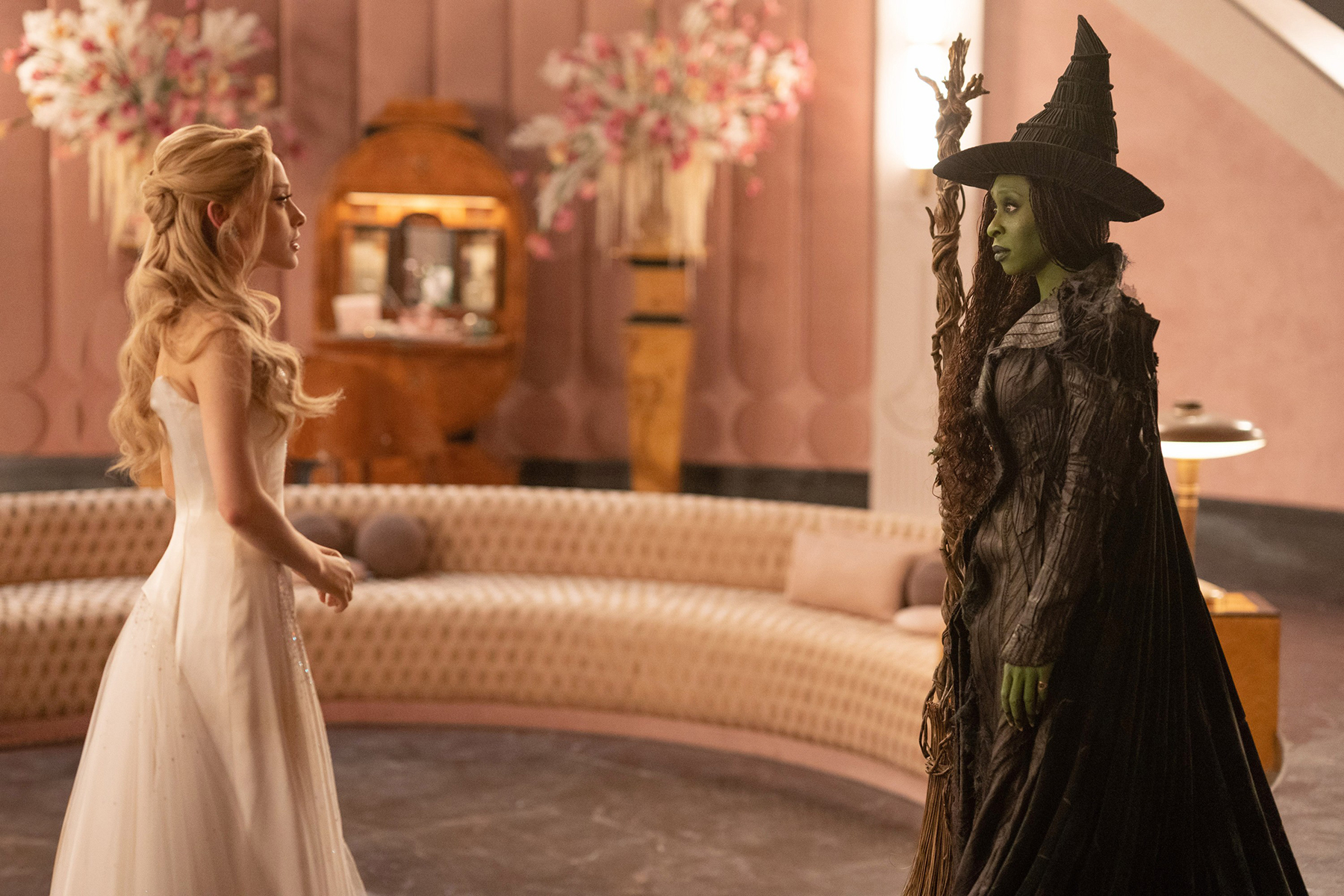
In the final trailer for Wicked: For Good, Ariana Grande‘s character learns that a big price comes with being Glinda the Good.
Released on Wednesday (Sept. 24) — about two months before the Wicked sequel finally premieres in theaters on Nov. 21 — the preview shows how the blonde leading lady wrestles with her new role as Oz’s spokeswoman, as Cynthia Erivo‘s Elphaba attempts to expose the Wizard’s evil agenda while living in hiding. At first, Glinda is “obsess-ulated” with the gorgeous gown, tiara and mechanical flying bubble her public-facing life affords her — but everything quickly comes crashing down when she realizes that she’s on the wrong side of history, and that she just might be too late to save her former schoolmate from the wrath of Oz’s brainwashed citizens.
“I’m a public figure now, people expect me to …,” Glinda tells Elphaba at one point, with Dorothy’s fallen house and the Yellow Brick Road visible in the background.
“Lie?” the green-skinned witch cuts in, to which Glinda says defensively, “Be encouraging.”
Grande’s character is less sure of herself when she is confronted by Jonathan Bailey’s Fiyero, who accuses, “You can’t resist this.”
“Who could?” Glinda asks, to which the Winkie prince replies, “You know who could.”
Arriving one year after the first Wicked hit theaters and shattered movie-musical box-office records, For Good will serve as the film adaptation of the second act of the Broadway musical on which the live-actions are based. The soundtrack will also drop on Nov. 21, complete with two brand new songs sung by Grande and Erivo.
As revealed when the tracklist dropped a week prior to the new trailer, the title of Glinda’s bonus song is “The Girl in the Bubble,” while Elphaba’s added balled is called “No Place Like Home.”
Watch the final trailer for Wicked: For Good above.
Entertainment
Priscilla Presley Says That Leaving Elvis Presley Was ‘The Only Way to Survive’ in New Memoir ‘Softly, As I Leave You: Life After Elvis’
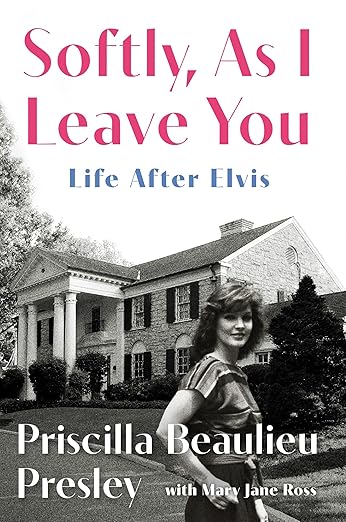
All products and services featured are independently chosen by editors. However, Billboard may receive a commission on orders placed through its retail links, and the retailer may receive certain auditable data for accounting purposes.
Priscilla Presley was with Elvis Presley for around 14 years before they split; however, the pair had known each other for years before they wed in 1967.
The time in between and following Priscilla and Elvis’ divorce was a tough spot for Priscilla, and one she wasn’t super open about — that is, until now. In her new memoir Softly, As I Leave You: Life After Elvis, the actress shares the difficult but inspiring journey beyond the walls of Graceland post-split with the King, choosing to put herself and her daughter, Lisa Marie Presley, first.
A hardcover version of the book is now on sale and can be purchased now on Amazon for $22.38, while paperback will run you $32. A Kindle version retails for $15.99. If you’re a superfan of Priscilla and the Presley family, you can also snag a signed version of the memoir via Barnes & Noble for $32. The piece makes a great gift for the avid Elvis collector in your life. If you’d rather listen to the memoir, we won’t judge, you can do so with Audible via a subscription which costs $7.95 a month, a price tag less than a physical copy.
Softly, As I Leave You: Life After Elvis
A new memoir by Priscilla Presley.
If you didn’t know, Priscilla met Elvis when she was just 14 and he was 24. The singer was serving in the U.S. Army in 1959 in Germany. The pair remained romantically connected for years, even with distance between them and in 1967, they were wed in a simple and very secret ceremony in Las Vegas. While their separation in 1973 was painful for Priscilla, this novel highlights why it was so important for the Naked Gun star to leave.
It seems that Priscilla lost touch with herself throughout her relationship with Elvis. Leaving allowed her to find herself again. Through the book, we are treated to snippets of Priscilla’s life pre- and post-Elvis and how she had to reinvent herself a second time as the single mother after the performer’s death in 1977.
Today, we are taken through how Priscilla was able to transform Graceland into an international destination and helped guide the development of Elvis Presley Enterprises, turning the King’s legacy into a full-on business. If you are an Elvis fan, this gives readers a unique perspective on his life, as told by his ex-wife. It also gives Priscilla’s story more context for those who aren’t too familiar with her life and career.
Entertainment
Calvin Harris’ Ex-Business Manager Denies $22M Fraud Claims: ‘Categorically False’

Calvin Harris‘ former longtime business manager is firing back against bombshell fraud claims, saying he never stole from anybody and that the Scottish DJ willingly agreed to invest in his Los Angeles real estate development project.
Thomas St. John, an entertainment industry-focused accountant who runs the eponymous firm Thomas St. John Group, is currently wrapped up in thorny arbitration proceedings with his former client Harris (Adam Wiles). He’s accused of abusing his access to Harris’ accounts in order to fund his side venture: the construction of a recording studio and office space complex in Hollywood.
Harris claims that St. John tricked him into investing $22.5 million in the project, known as CMNTY Culture Campus, which he says turned out to be a “complete boondoggle” that he “has not received a single penny in return for” — while suggesting that St. John pocketed much of the money for himself.
However, a representative for St. John says in a new statement that the allegations are “categorically false.” The rep denies that St. John engaged in any self-dealing, adding that Harris is one of nine above-board investors who “knowingly signed investment agreements” to get involved in CMNTY Culture.
“Not a single dollar has been misappropriated, all investor entitlements remain intact, and the project continues to advance within the normal entitlement timeline,” says St. John’s rep in the Tuesday (Sept. 23) statement. “We will continue to take every necessary step to set the record straight and to ensure that these malicious, bad-faith attacks are recognized for what they are: entirely without merit.”
While CMNTY Culture was initially designed to house a recording studio and office space, St. John has since shifted the plans and is now developing a residential apartment complex on the same tract of land in Hollywood. According to his rep, the project is proceeding apace and “is expected to approach a $1 billion valuation” upon completion.
“While the entitlement process has naturally taken longer than initially projected due to unprecedented interest, macroeconomic conditions and significant city red tape, it remains firmly within its promised schedule and is now on the verge of securing final entitlements, an important milestone that will unlock substantial value,” adds St. John’s rep.
Thomas St. John Group has offices in Los Angeles, London, Amsterdam and Stockholm. The management firm’s U.S. arm recently filed for bankruptcy, citing hundreds of thousands of dollars in unpaid rent in L.A. and multiple pending legal actions.
One creditor listed in the firm’s bankruptcy papers is Philip Lawrence, a songwriter and producer who made his name collaborating with Bruno Mars. Lawrence used to be a client of St. John’s and at one point invested $10 million from the sale of his catalog into CMNTY Culture Campus, according to court filings in Lawrence’s own personal bankruptcy case.
-

 Entertainment6 months ago
Entertainment6 months agoNew Kid and Family Movies in 2025: Calendar of Release Dates (Updating)
-

 Entertainment3 months ago
Entertainment3 months agoBrooklyn Mirage Has Been Quietly Co-Managed by Hedge Fund Manager Axar Capital Amid Reopening Drama
-
Tech6 months ago
The best sexting apps in 2025
-

 Entertainment5 months ago
Entertainment5 months agoKid and Family TV Shows in 2025: New Series & Season Premiere Dates (Updating)
-

 Tech7 months ago
Tech7 months agoEvery potential TikTok buyer we know about
-
Tech7 months ago
iOS 18.4 developer beta released — heres what you can expect
-

 Tech7 months ago
Tech7 months agoAre You an RSSMasher?
-

 Politics7 months ago
Politics7 months agoDOGE-ing toward the best Department of Defense ever

